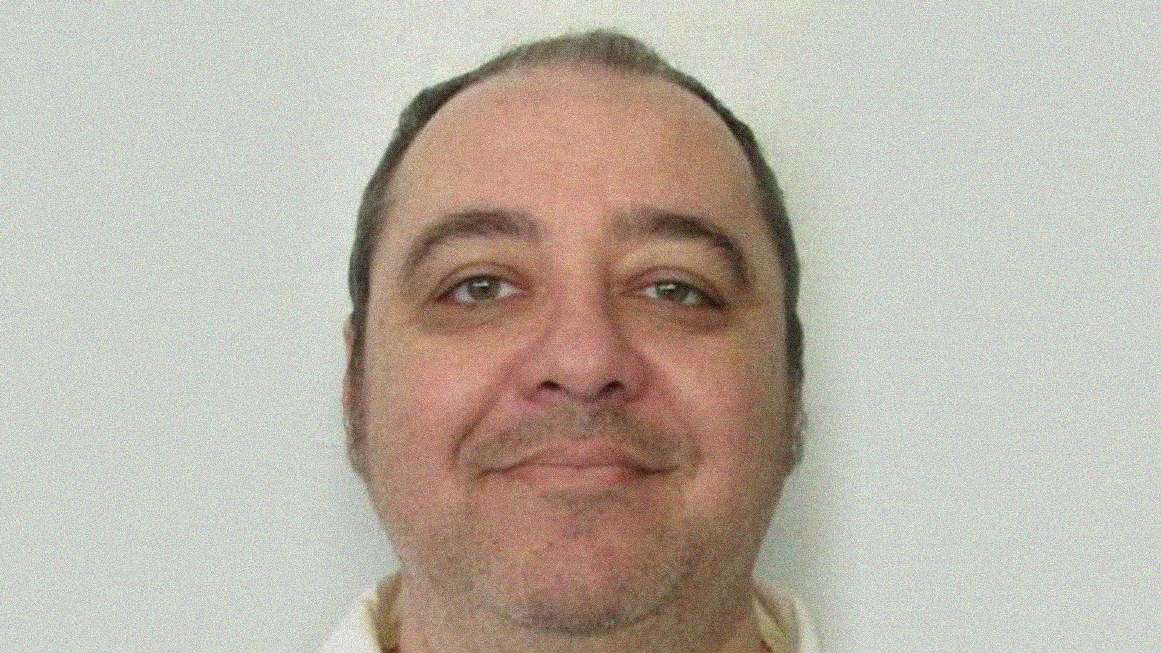
For the second time in three months, Alabama officials halted an execution because corrections officials couldn’t find a vein into which they could inject the lethal drugs.
The prisoner, Kenneth Eugene Smith, 57, was scheduled to be executed Thursday night after his appeals to the Supreme Court were rejected. As the Associated Press notes, part of Smith’s appeals involved Alabama’s recent problems actually executing prisoners with intravenous drugs. In September, the execution of Alan Miller, also 57, was halted for the same reason—the Alabama Department of Corrections’ execution team was not able to secure IV access in time by the midnight deadline.
Those two incidents come on the heels of the troubling execution of Joe Nathan James in July, where it appeared that officials had similar troubles finding veins. Emma Camp took note of the private autopsy performed on James, which appeared to show bruises all over his wrists and knuckles and even a deep cut, possibly from officials struggling to find a usable vein.
At the time, Alabama officials insisted “nothing out of the ordinary” had happened during James’ execution. But since then, after Miller’s execution stalled, a federal judge ordered the state to preserve medical supplies and records from that failed attempt for Miller’s lawyer’s review.
Smith was convicted for participating in a murder-for-hire of Elizabeth Dorlene Sennett in 1988. Sennett’s husband, Charles Sennett Sr., killed himself when he became a suspect in the murder investigation. Ultimately, Smith and another man, John Forrest Parker, were convicted of being paid $1,000 each to kill her. Parker was executed in 2010.
The jury in Alabama actually voted 11–1 to spare Smith and sentence him to life in prison. But at the time, Alabama law actually allowed the judge to override the jury’s recommendation and sentence him to death anyway. That law was eliminated in 2017, but as is the case with most changes in sentencing guidelines, it wasn’t retroactively applied. Alabama is still insistent on putting Smith to death.
Alabama Gov. Kay Ivey essentially laid the blame on Smith for fighting his execution, saying, “Although that justice could not be carried out tonight because of last minute legal attempts to delay or cancel the execution, attempting it was the right thing to do.” In reality, prison staff tried for more than an hour to establish the two lines necessary for the lethal injections and failed.

